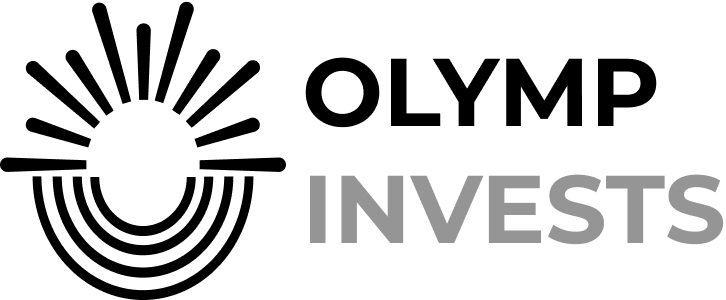CoreWeave’s stock tumbled nearly 10% on Monday, slipping well below its initial public offering price, a sign of investor caution toward the stock in a market reeling under economic uncertainties.
The artificial intelligence cloud provider had priced its shares at $40, but the stock opened slightly lower at $39 during its market debut on Friday.
By the close of trading, shares settled at $40, but Monday’s sharp decline has raised questions about market appetite for AI infrastructure companies.
CoreWeave’s IPO was the largest tech listing since 2021 and the first pure-play AI company to go public.
The share sale raised $1.5 billion, positioning CoreWeave as a major player in AI data infrastructure.
However, the stock’s initial struggles highlight ongoing investor uncertainty, particularly as economic concerns and recent tariffs introduced under President Donald Trump’s administration have added volatility to financial markets.
High hopes dashed as CRWV IPO underperforms expectations
CoreWeave had originally targeted a share price range of $47 to $55, which could have raised up to $2.5 billion.
The offering was ultimately downsized to 37.5 million shares from the initially planned 49 million due to weaker-than-expected demand.
“There’s a lot of headwinds in the macro,” CoreWeave CEO Michael Intrator said on CNBC’s “Squawk Box” on Friday. “And we definitely had to scale or rightsize the transaction for where the buying interest was.”
Market sentiment had initially been buoyed by hopes that Trump’s re-election would lead to a more favourable climate for public offerings.
However, new tariffs and broader economic concerns have dampened enthusiasm for high-growth tech stocks.
The Nasdaq Composite has dropped more than 10% this year, reflecting broader uncertainty in the sector.
Analysts question CoreWeave’s financial stability and IPO timing
CoreWeave operates as a key supplier of AI infrastructure, renting out Nvidia graphics processing units (GPUs) to major tech firms, including Meta, IBM, and Cohere.
However, its largest customer, Microsoft, accounted for 62% of its revenue last year.
Analysts have raised concerns over CoreWeave’s dependency on a handful of major clients as a shift in Microsoft’s AI data center strategy could significantly impact the company’s long-term growth.
Additionally, CoreWeave has a capital-intensive business model, operating 32 leased data centers and carrying significant debt obligations.
The company reported an 737% jump in revenue last year to $1.92 billion but also posted a net loss of $863 million.
CoreWeave plans to use $1 billion of the IPO proceeds to pay down some of its $8 billion debt, yet concerns remain about whether it can achieve long-term profitability.
“This is not an easy IPO. market,” said Samuel Kerr, the head equity capital market analyst at Mergermarket, a financial insights firm.
“It shows you that the US IPO market is not as strong as perhaps even CoreWeave thought it was going to be at the beginning of the year.”
A more ideal time for CoreWeave’s public listing would have been toward the end of last year, after Mr. Trump was elected but before the stock market correction and release of a new chatbot by the Chinese AI company DeepSeek, Kerr added.
AI infrastructure boom fuels demand, but risks remain
Founded in 2017 as Atlantic Crypto, CoreWeave initially focused on mining Ethereum before pivoting to AI infrastructure in 2022.
The company has since become a critical player in the AI boom, securing an $11.9 billion, five-year contract with OpenAI.
Despite its growth, CoreWeave faces significant competition from industry giants such as Amazon, Google, Microsoft, and Oracle, all of whom provide AI cloud computing services.
While demand for high-powered AI chips remains strong, CoreWeave’s reliance on Nvidia’s technology adds another layer of risk.
As Nvidia continues to dominate AI chip production, any supply chain disruptions or pricing changes could impact CoreWeave’s ability to maintain profitability.
The post CoreWeave stock drops 10% on second day as economic concerns, debt, and IPO timing weigh on investors appeared first on Invezz

